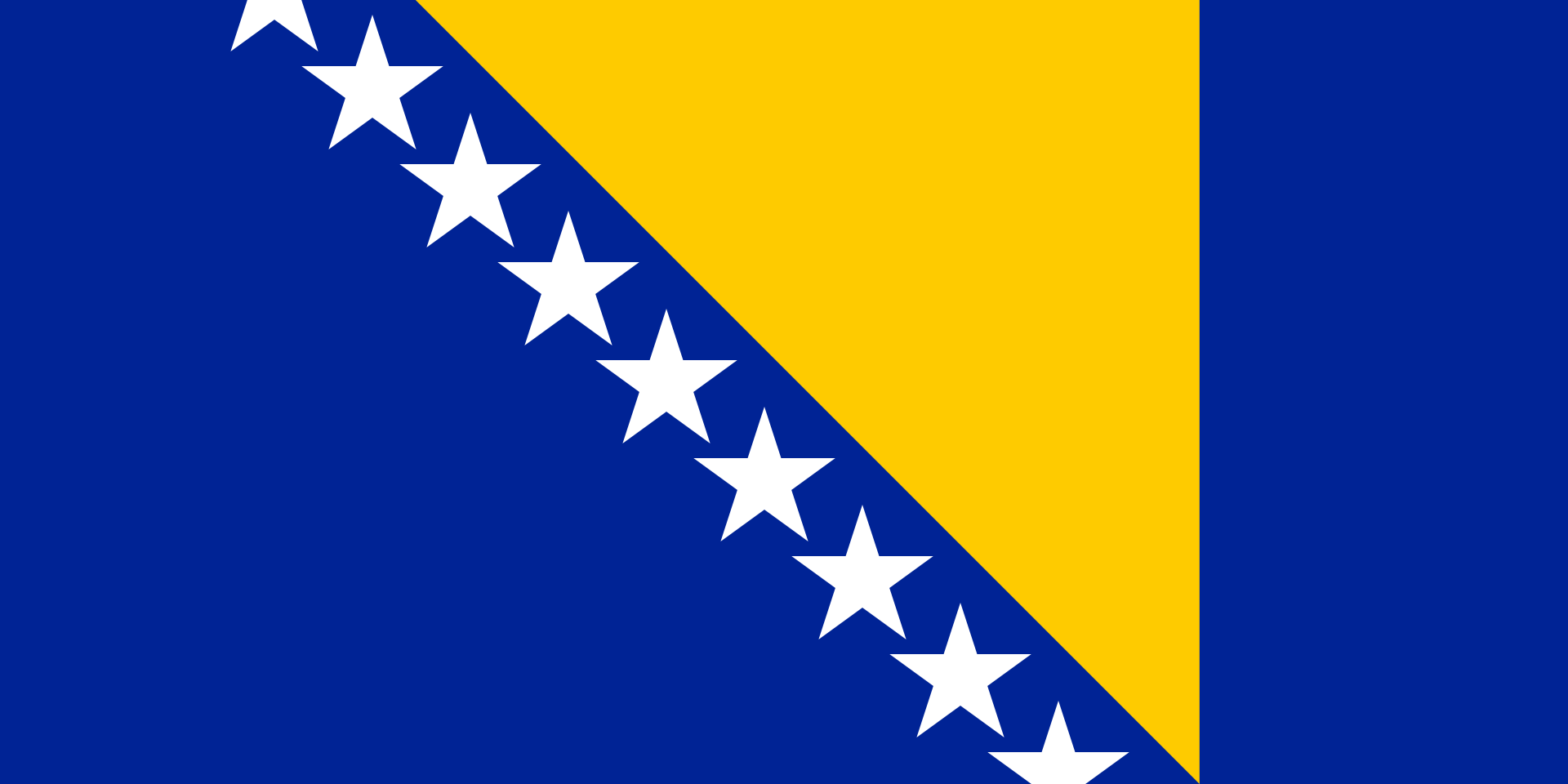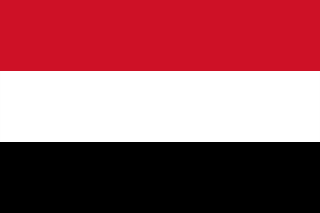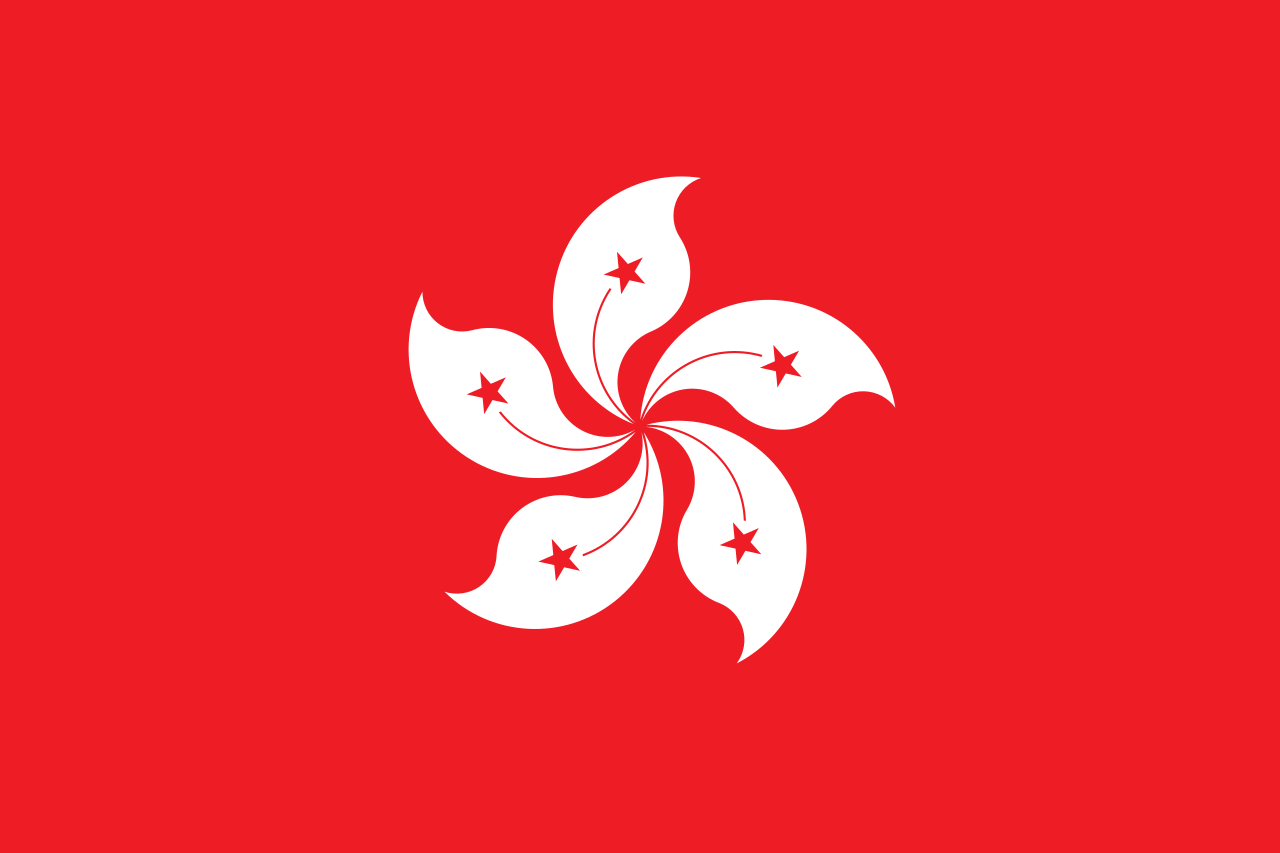Population
118,932,947
Last updated:
1 NovArea
1,104,300 km2
Last updated:
1 NovCurrency
Birr (ETB)
Last updated:
1 NovOfficial Language
Afar, Amharic, Oromo, Somali, Tigrinya
Last updated:
1 NovPhone code number
+251
Last updated:
1 NovInternet TLD
.et
Last updated:
1 NovAverage monthly salary
850 $
Last updated:
1 NovTotal millionaires
3,420 persons
Last updated:
1 NovTotal billionaires
1 persons
Last updated:
1 NovMilitary power
Passport rank
103
Last updated:
1 NovVisa free
45 country
Last updated:
1 NovReligions in Ethiopia
67.3% Christianity
*43.8% Ethiopian Orthodoxy
*22.8% P'ent'ay
*0.7% Catholicism
31.3% Islam
0.6% Traditional faiths
0.8% Others / None
Info about Ethiopia (History)
Ethiopia, officially the Federal Democratic Republic of Ethiopia, is landlocked and located in the Horn of Africa. It is bordered by Eritrea and Djibouti to the north, Somaliland to the northeast, Somalia to the east, Kenya to the south, South Sudan to the west, and Sudan to the northwest. Ethiopia has a total area of 1,100,000 square kilometers (420,000 sq mi) and over 117 million inhabitants. and is the 12th most populous country in the world and the 2nd most populous country in Africa. The country's capital and largest city, Addis Ababa, lies a few kilometers west of the East African Rift, which divides the country into the African and Somali tectonic plates.
Ethiopian national identity is based on the long history of Christianity and Islam in the region and independence from foreign rule since ancient times. Some of the oldest skeletal evidence of anatomically modern humans have been found in Ethiopia. It is widely regarded as the region from which modern humans first traveled to the Middle East and beyond. According to linguists, the first Afro-Asian-speaking peoples settled in the Horn of Africa in the subsequent Neolithic era. With roots in the second millennium BC, Ethiopia's state system has been a monarchy for most of its history. Oral literature says that the monarchy was founded by the Solomon dynasty from King Solomon and Queen of Sheba under the first king Menelik I. The Kingdom of Axum supported a unified civilization in the region from the 1st century AD until its fall in the 10th century. century. The short-lived Zagwe dynasty, ruled by the Agau, lasted more than three centuries until the last king was overthrown by the Abyssinian nobleman Ekuno Amlak. In 1270, he founded the Ethiopian Empire, whose origins were claimed according to King Solomon and Queen Sheba. During the Middle Ages, the empire began to expand its territory southward, annexing several kingdoms in the southwestern region, albeit contested by Muslim politicians such as the Sultanate of Ifat and its successor, the Sultanate of Adal. This led to a war between Ethiopia and Adal, in which Adal and his allies conquered most of Ethiopia. By the middle of the 16th century, with the help of Portugal, Ethiopia conquered its territory. The era known as Zemene Mesafint was characterized by the division of the empire into autonomous regions ruled by local lords. However, it was fortified by Tewodros II in 1855, moving into the modern era.
During the Battle of Africa in the late 19th century, Ethiopia was the only African country to defend against European colonization by defeating Italy at the Battle of Adwa. This also allowed him to establish his present boundaries through extensive conquest of territories in the east, west, and south. Ethiopia was the first independent African member of the League of Nations and the United Nations. In 1935, Italy, under Mussolini's fascist regime, invaded Ethiopia and joined the former colonies of Eritrea and Somaliland to become Italian East Africa, before liberation and a short period of British military control during World War II. During Italian rule, the government took steps to abolish the centuries-old practice of slavery, eventually doing so in 1942, and urbanization grew steadily.
Ethiopia was transferred to modernization with the help of Emperor Haile Selassie. Despite gaining a reputation, political and economic instability subsequently humiliated him, leading to the overthrow in 1974 of Derg, a communist military government backed by the Soviet Union. Ethiopia then experienced a 16-year civil war between Dergov and Tigrean-Eritrean separatist rebels, as well as Somalia. In 1987, Derg founded the People's Democratic Republic of Ethiopia, which was overthrown in 1991 by the Ethiopian People's Revolutionary Democratic Front (EPRDF). The EPRDF coalition, which was dominated by the Tigray People's Liberation Front (NPLF), was an authoritarian, repressive, ethnic nationalist regime. Since then, Ethiopia has been a constitutional state of ethnic federalism. The leadership of the EPRDF coalition ceased to exist after Prime Minister Abiy Ahmed came to power in 2018, merging his parties into a new multi-ethnic Prosperity Party in 2019. Although the Abiyan government initially reformed and liberated the country's politics, human rights violations, especially ethnic unrest, exacerbated and incited hostilities between the Abiyan government and members of the NPLT, culminating in the ongoing Tigray War in 2020.
Important information about Ethiopia
1- What is the population of Ethiopia?
answer: The total population of Ethiopia is 118,932,947 in 2021.
2- Who is the president of Ethiopia?
answer: Sahle-Work Zewde is the current president of Ethiopia.
3- What is the area of Ethiopia?
answer: The total area of Ethiopia is 1,104,300 km2 .
4- What is the official language of Ethiopia?
answer: The official language of Ethiopia is Afar, Amharic, Oromo, Somali, Tigrinya .
5- What is the currency of Ethiopia?
answer: The currency of Ethiopia is Birr (ETB) .
6- How much is the average salary in Ethiopia?
answer: The average salary in Ethiopia is 850$ in 2021.
7- What is the passport rank of Ethiopia?
answer: The passport rank of Ethiopia is 103 in 2021.
8- How many countries we can travel with passport of Ethiopia without visa?
answer: You can travel to 45 countries with passport of Ethiopia .
9- What is the phone number code of Ethiopia?
answer: The phone number code of Ethiopia is +251 .
10- What is internet TLD of Ethiopia?
answer: The internet TLD of Ethiopia is .et
11- How many billionaires are in Ethiopia?
answer: The total number of billionaires in Ethiopia is " 1 person" in 2021.
12- How many millionaires are in Ethiopia?
answer: The total number of millionaires in Ethiopia is " 3,420 person" in 2021.





